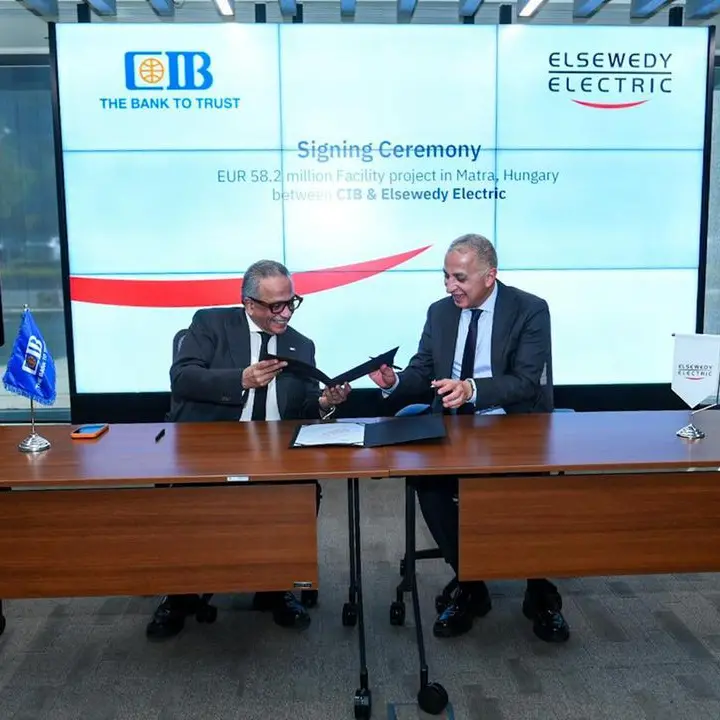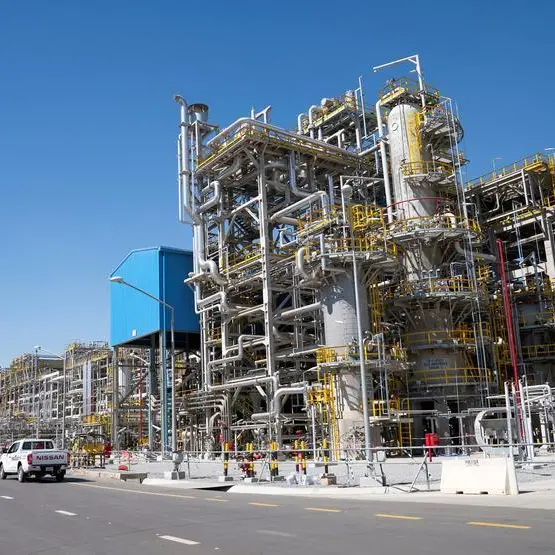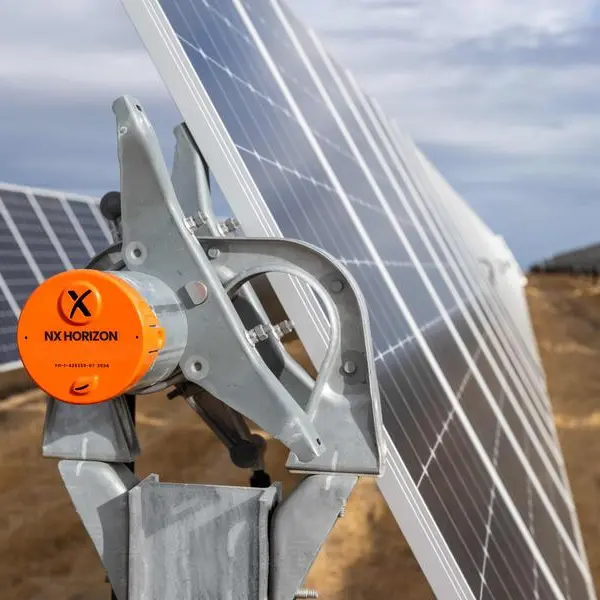PHOTO
Regulatory changes could increase the adoption rate of energy storage applications, which would in turn increase the penetration rate for renewable energy, speakers at an energy storage panel discussion at WETEX 2022 event in Dubai said.
They noted that while there are regulations for fire safety, how batteries should be connected, grid imports and exports, there is no regulation for batteries.
Moneef Barakat, CEO of Solarabic, who was moderating the session, said the region does not have enough penetration of renewable energy to drive real need for energy storage.
“As countries build more solar energy capacity, it will create more intermittency on the grid, which will require stabilisation. And stabilisation can easily be achieved with storage, especially lithium-ion batteries because they have milli-second response time,” he said.
Barakat said there is a need for uniform policy as different storage technologies have different environmental policies.
Rabih Baroud, Regional Renewable Sales Leader at Bureau Veritas, agreed that there isn’t enough renewable energy capacity in the region to implement energy storage on a wide scale.
“But it is coming, and we have seen many countries, including the UAE and Egypt, adding renewable energy and energy storage,” he said.
George Kurian, Head of Product at Admiral Energy said the caveat is finding the right technology for the right application.
He pointed out that hydrogen is not a silver bullet that can solve all the problems.
“The hydrogen eco system also needs battery storage, to start up and for multiple applications. The debate 10 years ago was whether hydrogen will replace IC (internal combustion) engines, but we are seeing the eco system moving towards EVs. And once the eco system has moved towards EVs, then you will see lower and medium vehicles will probably be powered by hydrogen,” he said.
Dominant lithium-ion
Avishek Kumar, CEO of V Flow Tech said lithium-ion is the dominant battery technology as people are increasingly deploying it.
“For longer durations, we see demand for new technologies like electro chemical flow batteries. Lithium-ion has been doing phenomenally well. What we have seen in the past three to four years is that solar cost has reduced to the lowest and in most of the countries, we are reaching a threshold of about 10-15 percent in terms of renewables.”
However, lack of stability and fire risk are the main challenges in the case of lithium-ion batteries. Another challenge is that it is not a proven technology for long duration storage.
Kumar continued: “There has not been much commercial traction or commercial demand in the past. So, there is no proof of concept and adoption is also challenge for new technologies. There is also risk of adoption. For lithium, there is traditional risk of fire, decreasing levels of performance over long durations.”
However, global demand for lithium-ion batteries is set to grow, with EVs alone requiring up to 2,700 GWh worth of lithium-ion batteries a year by 2030, equivalent to some 225 billion mobile phone batteries.
Kumar said his company V Flow is working on increasing efficiency and power density by using Vanadium. In flow batteries, the electricity is stored in the liquid in the battery. A vanadium component which is used in the liquid material changes its state as it absorbs electricity. In lead acid and lithium-ion batteries, on the other hand, the solid electrodes (which conduct electricity) change state.
The speakers also touched upon the impact of electricity subsidies on adoption of energy storage.
They noted that as long as electricity is highly subsidised by governments, it will always be cheaper to use electricity unless there is a clear regulation or framework at country levels to motivate the use of storage.
“We are talking about parity for solar installation and storage. Electricity is generated from solar and stored in batteries, which costs money and therefore not cheap,” said Solarabic’s Barakat.
“When subsidies are stopped, energy storage and solar will be very competitive, like in Europe and the US,” added V Flow Tech’s Kumar.
(Writing by Bhaskar Raj; Editing by Anoop Menon)





















